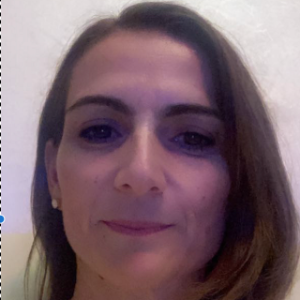Abstract:
Preterm birth is defined by the WHO as a live birth before 37 completed weeks of gestation and an increase has been recently recorded, representing nowadays the 10,6% of all births. Prematurity is considered a risk factor both for shorter- and longer-term complications and it is related to altered neurodevelopmental trajectories. Although preterm infants usually show good outcomes, part of them may develop significant and long-lasting neurological sequelae, especially in children born under 32 weeks or less of gestational age. Many studies have analyzed predictive factors for developing severe neurodevelopmental outcomes (cerebral palsy, other motor and socio-relational disorders such as autism, etc.). In this study, 148 preterm infants born between 28+0-36+6 weeks were enrolled to investigate the neurodevelopmental trajectories in a population of low-risk premature infants using standardized assessment methods (GMs, HINE, and GMDS) and to verify their validity and predictivity for adverse neurodevelopmental outcomes in low-risk infants. We found a significant correlation between GMs scores and HINE global scores at 3-, 6-, and 9-months corrected age (CA). Better GMA also had a significant correlation to higher scores in the subsection Movements at 3-, 6-, and 9-months CA, with the subsection Posture at 6- and 9-months CA, and with the subsection Tone at 3- and 6-months CA. It supports the idea that spontaneous movements such GMs are necessary for developing an appropriate quality of movements, posture and tone during the first year of age. GMDS general development quotient (87 ± 15,7) and Hearing and language scores (82.3 ± 22.6) appeared to be slightly below the standard. On the contrary, the HINE subsections revealed many interesting correlations between the GMDS Global Development score and the different scales, considering the chronological age. In particular, at the 6-months CA evaluation, significant correlation emerged between the subsection Cranial nerves and the Global development score, the Locomotor scale, and the Eye and Hand Coordination scale; the subsection Tone had a significant correlation with the Performance scale; the subsection Reflexes had a significant correlation with the Locomotor scale. At 9-months CA evaluation, the subsection Movements had a significant correlation with the Locomotor scale. Finally, an important data is represented by the fact that the Global Development score assessed for CA is largely within the normal range, while it is slightly below the lower normal value if assessed for chronological age. This study underlines the importance of including even these low-risk populations in the follow-up programs to early identify infants at risk for adverse long-term impairments and introduce early intervention therapies for optimizing neurodevelopmental outcomes.




